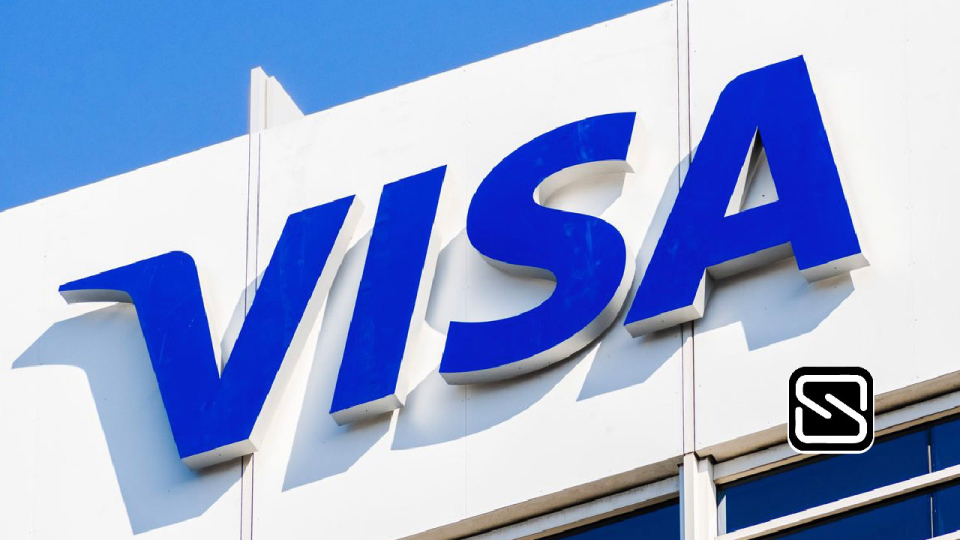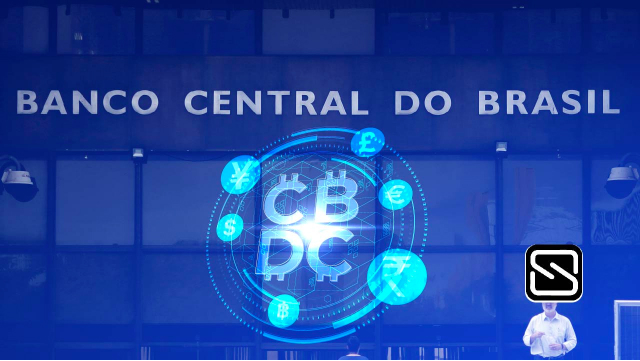Donald Trump recently launched a collection of NFT trading cards that claim to come with real-life benefits for buyers, including an invite to a gala dinner with Trump or even a meet-and-greet with the former U.S. president. At the moment, NFT enthusiasts and Trump supporters alike are incredulous over the news.
On Thursday, Trump posted a link to the Collect Trump Cards campaign on his official Truth Social account. According to the post, the Ethereum sidechain network, Polygon, will be used to mint the digital trading cards, which will sell for $99 each and entitle purchasers to compete for a chance to win prizes.
Each card has a drawing of Trump, who is occasionally transformed into a superhero, cowboy, or astronaut. In actuality, the former president resigned from office in disgrace after inciting the attack on the US Capitol on January 6, 2021, and has since been the subject of inquiries into both his involvement in the incidents and allegations of fraud at his firms.
He stated on his social account, “Collect all of your favorite Trump Digital Trading Cards, very much like a baseball card, but hopefully much more exciting, would make a great Christmas gift. Don’t Wait. They will be gone, I believe, very quickly!”
Although there had previously been unofficial efforts, this is the first time that Trump himself has published his own NFT collectibles. Social network Parler, for example, released Trump-inspired NFTs earlier this year. Trump’s collection features 45,000 total NFTs on Polygon, with a per-buyer limit of 100 NFTs.
The backlash on Crypto Twitter was immediate, with NFT personalities reacting to what Trump had promised was a major announcement.
However, others pointed to Trump’s previously stated stance against cryptocurrency. His NFT cards are minted on a blockchain network and can be purchased with crypto, representing the former president’s change in mind.









